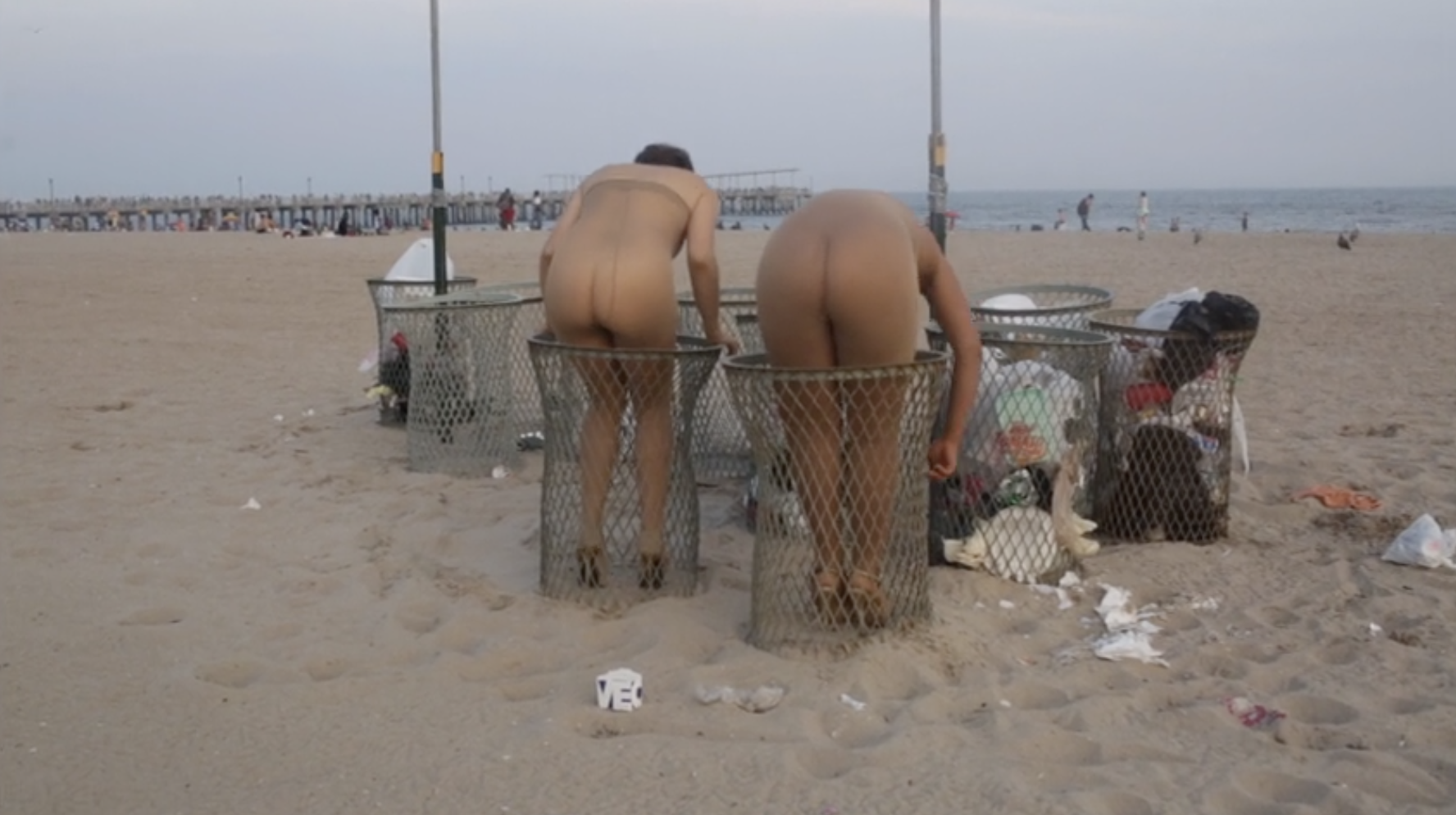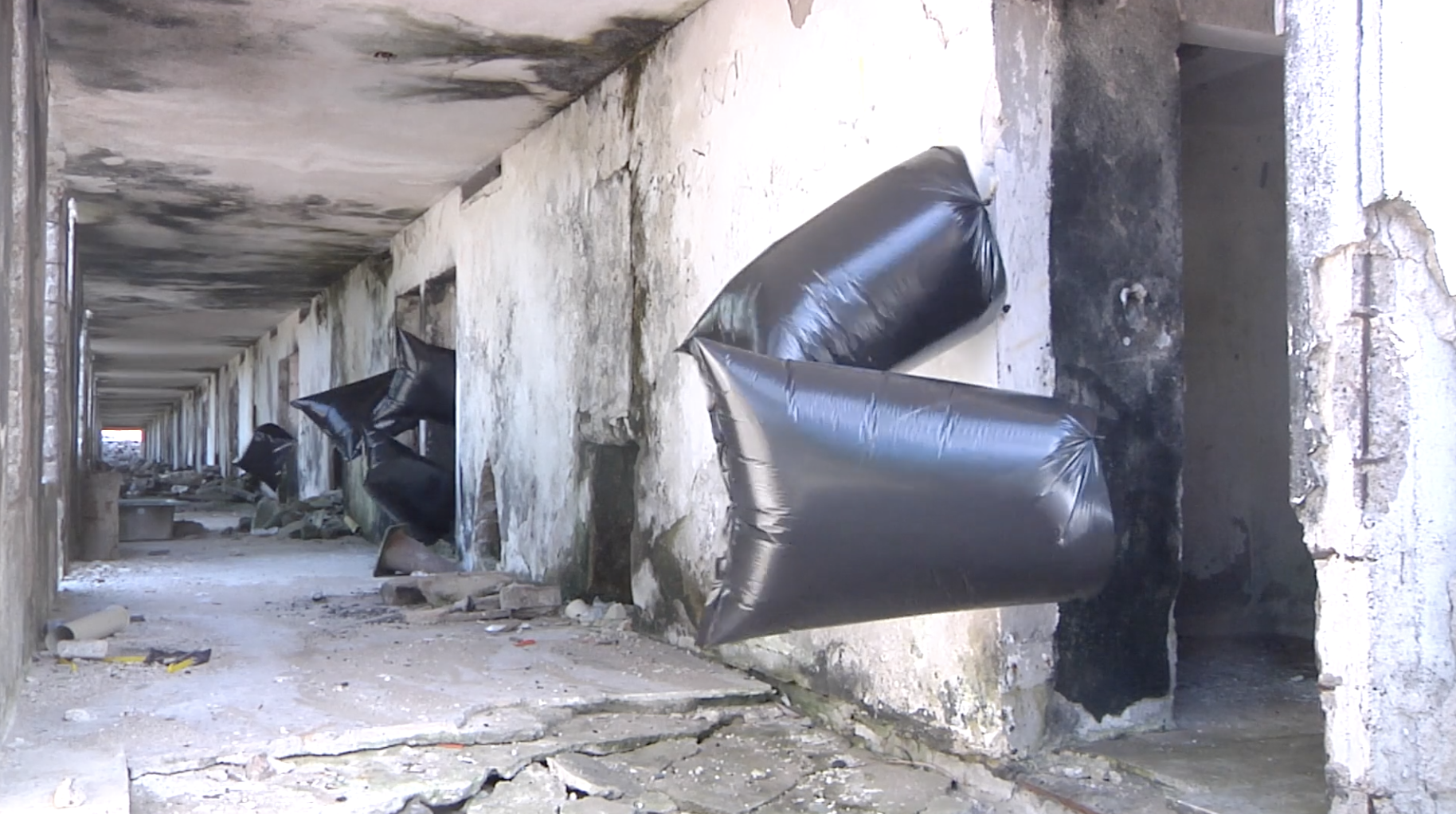We are thrilled to have an evening organized with Filmmaker/Curator Ruth Somalo to traverse the space between physical limitations and freedom politically and corporally. Filmmakers Amber Bemak and Nadia Granados will present “Tell Me When You Die“, a trilogy of performative films that reframe porn as a genre which can be empowering in its engagement with women and their bodies. Bemak and Granados work collaboratively with text, language, and the body to illustrate the colonial narratives that are still deeply entrenched and grappled with amongst minorities. Curator/Researcher Almudena Escobar López will join Ruth, Amber and Nadia in conversation to discuss the politics and reclamation of the nude body as a site for empowerment and experimentation within filmmaking.

- This event has passed.
Apr 5, 2019 at 7:30 pm
Tell Me When You Die: Politics, Performance and Queer Love in the Time of Capitalism
With Amber Bemak, Nadia Granados, Ruth Somalo and Almudena Escobar López
Program
Tell Me When You Die
12 min., 2014
Tell Me When You Die explores the juxtapositions between physical limitations and freedom, in both political and corporal contexts. It is about walking until you disappear into space. Being swallowed by sea, sky, or earth and the claustrophobia and intimacy of being surrounded by nature. We consider penetration as a cinematic rhythm, and experiment/perform being penetrated by air, water, fingers, and text. Thinking about porn as a genre which can be empowering or degrading in it’s engagement with women and their bodies, we use our own bodies to picture these extremes, at times our bodies are performing power and at times they are not. We also utilize our bodies in a satirical sense to experiment with presentations of gender, in relation to each other and our surroundings.
Borderhole
14 min., 2016
Borderhole takes place on a mythical border area between Colombia and the United States. We investigate the relationship between North and South America through the lens of the American Dream and the illumination of multiple tensions in and around the border. The piece explores imperialism, globalization through pop music, gender mutation in an international context, and the choreography of women’s bodies in relation to sociopolitical and ecosystems.
Awards:
Special Mention of International Jury- International Short Film Festival Oberhausen
Best Editing- Janela Internacional de Cinema do Recife, Recife
Selected screenings:
Toronto Queer Film Festival, Toronto
Athens International Film Festival, Athens
Rencontres Internationales Paris/Berlin- Video Library
63rd International Short Film Festival Oberhausen, Oberhausen
Aesthetica Short Film Festival, York
ULTRAcinema, Puebla
TWIST Queer Film Festival, Seattle
Winnipeg Underground Film Festival, Winnipeg
Leeds Queer Film Festival, Leeds
Goodbye Fantasy
15 min., 2018
Goodbye Fantasy is about two bodies in relation to each other as they let go of multiple cinematic
universes they occupy together. Transforming from a fantasy body to a dreaming body to a dying
body, they enact different constellations of social and political power as they relate to each other
within the tight construct of the frame.
Selected Screenings:
European Media Arts Festiavl, Osnabruek
41 min
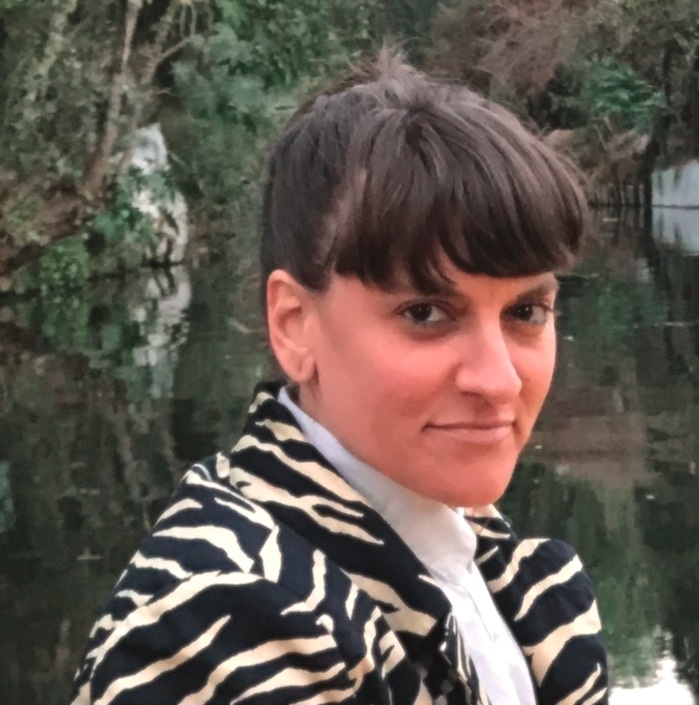
Amber Bemak, currently living in Dallas, is a filmmaker, artist, and educator. Her work is based in experimental and documentary film and also spans performance art and curatorial practice. She has co-directed and producedtwo feature length documentaries on Tibetan Buddhism, as well as created 15 short experimental and documentary films that have played in numerous festivals internationally. For the past two decades, she has been engaged in a multi-layered exploration of performance and film which uses the body as a sight for socio-political inquiry, engages with text, language, and translation to open up discourse around deeply embedded colonial narratives, and commits to linking the intimate and personal with larger institutional structures. Her work draws from cinematic practice, pedagogy around ethics of representation, queer theory and lived experience, a deep commitment to a global perspective in all areas, and Buddhist philosophical frameworks and cultures. Currently she is working collaboratively on a hybrid performance documentary film with Guillermo Gómez-Peña which chronicles his life and his performance troupe La Pocha Nostra. Amber’s work has been seen at venues including the Elizabeth A. Sackler Center for Feminist Art, the Rubin Museum of Art, SculptureCenter, and the Flaherty NYC’s Spring Series, as well as the Schwules Museum, and the Tamayo Museum. Her most recent film Borderhole was awarded a special mention from the International Jury at Oberhausen Film Festival as well as the Best Editing award at the Janela Internacional de Cinema do Recife. She has taught film theory and practice in India, Nepal, Kenya, Mexico and the United States.

Nadia Granados is originally from Colombia, and currently based in Mexico City. Her work explores the relationships between traditional pornography and violence and is both performative and technological, art and activism, and a mix of cabaret, intervention, and streaming video. In all of her work, she uses her body to detonate, opening up new pathways of action and shifting consciences. Among the many awards she has received are the Franklin Furnace Fund, the 3rd Visual Arts Biennial Bogotá Prize, and the FONCA award for Colombia-Mexico artist residencies. Her work has been presented in Canadá, Venezuela, Spain, Argentina, Chile, Costa Rica, Berlín, Ecuador, Argentina, Perú, the United States, Mexico, Korea, Brazil, and Colombia.
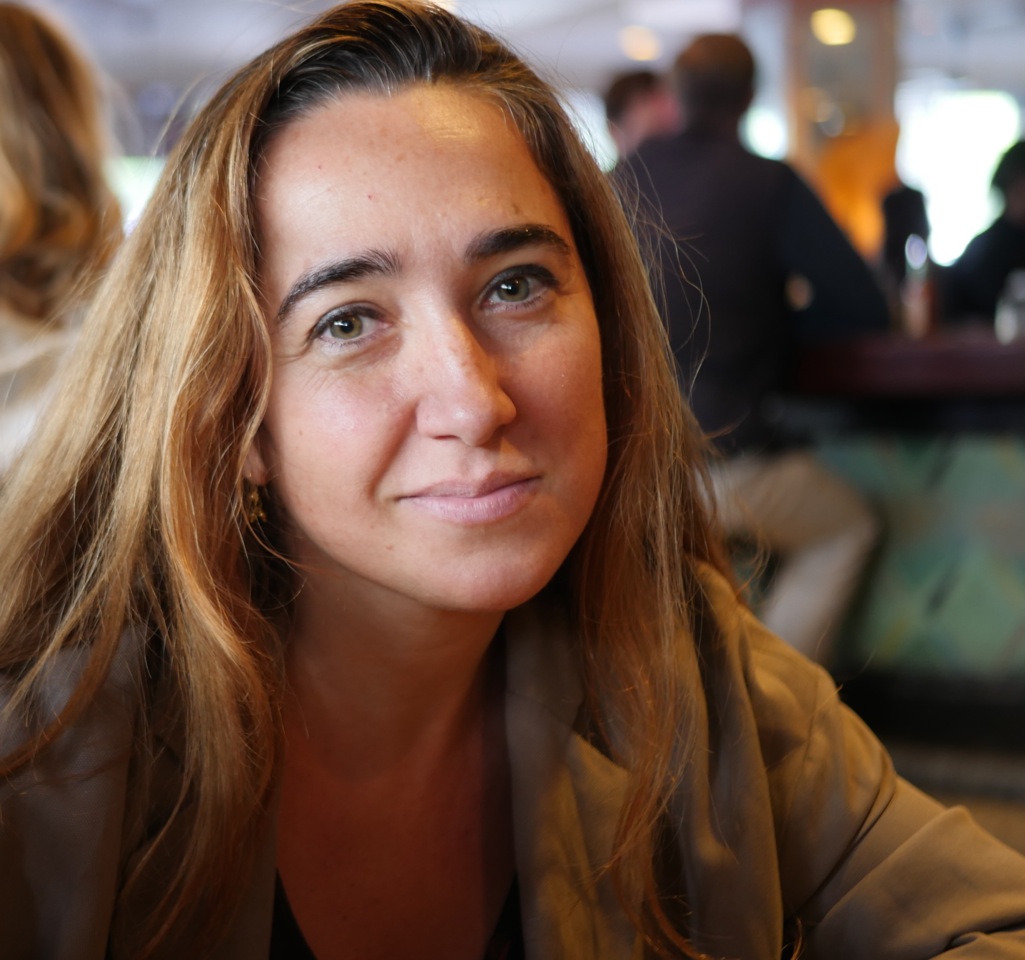
Ruth Somalo is a Spanish filmmaker, curator and researcher based in New York. She is currently a Programmer at DOC NYC, DocumentaMadrid and The Architecture and Design Film Festival.
As an independent curator she is interested in the Poetics of Fragility and reclaiming a non judgmental non anthropocentric space for emotions. Some of her latest programs are “Holy Fluids and Absent Wounds” and “Queer Utopias” (Union Docs) and 2017’s Flaherty NYC Winter/Spring Series “Broken Senses” (Anthology Film archives).
Ruth’s latest films are constructed around taboos of the female body, gender specific illnesses and patriarchal structures in the medical establishment, narrative medicine and the economy of death, human remains and experiences of loss. Her work has been shown in theaters, festivals and museums internationally, including the Verdi Cinema Theatre and Contemporary Art Center Matadero de Madrid, San Sebastian International Film Festival, Cinema du Réel (Paris), ADFF (NY), L’Alternativa (CCCB Barcelona), Documentamadrid, MOMA PS1 (Expo1) and at the EYE Film Institute in Amsterdam (Spanish Cinema Without Fear). She is also writing her PhD. dissertation and often works as a guest lecturer and mentor of non fiction projects. Her current academic research and filmic project “Mending Objects” investigates the experience of loss in first person documentary and experimental non fiction.
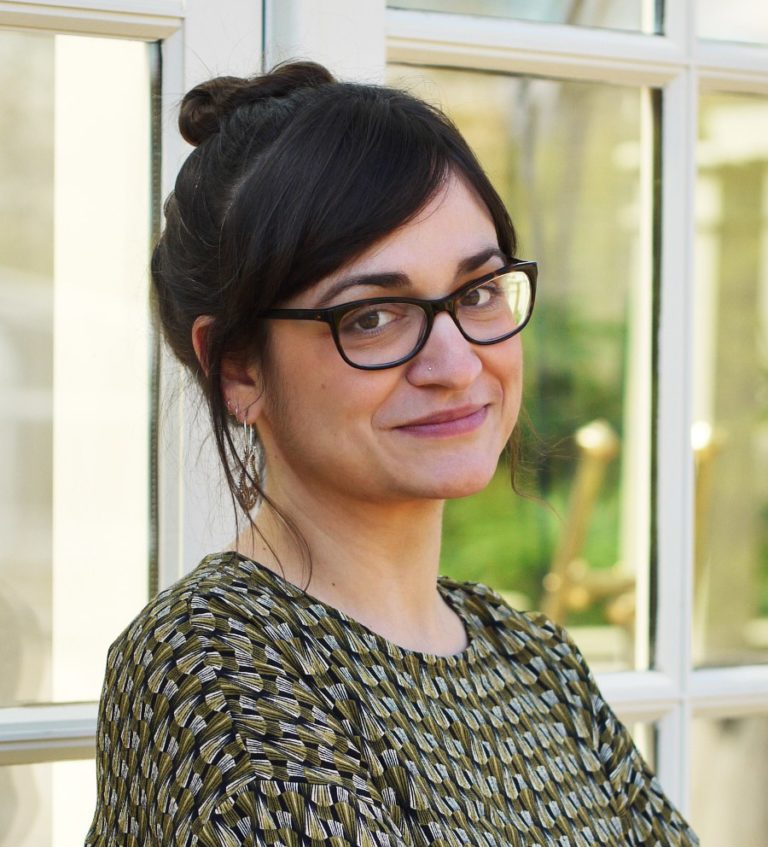
Almudena Escobar López is an independent curator, programmer, archivist, and researcher from Galicia. She is Time-Based Media Curatorial Assistant at the Memorial Art Gallery in Rochester, NY and is a Ph.D. candidate in Visual and Cultural Studies at the University of Rochester. Her research considers affect as an alternative collaborative approach to knowledge questioning the limits of institutional archives. She has curated programs for The Alternative Film/Video film festival in Belgrade, The Florida Experimental Film/Video Festival (FLEX), Vtape in Toronto, and ULTRAcinema in Xalapa, Mexico. She is member of the collective screening project On-Film and co-curated with Herb Shellenberger the 2018’ Winter/Spring Flaherty NYC series ‘Common Visions’ at Anthology Film Archives. Her writing has been featured in Walden, Vdrome, Vertical Features, MUBI Notebook, The Brooklyn Rail, Afterimage, Film Quarterly, Little White Lies, and Desistfilm Magazine. She serves on the Board of Trustees of the Visual Studies Workshop, Rochester, NY; the editorial board of InVisible Culture: An Electronic Journal of Visual Culture; and the Advisory Board of Squeaky Wheel Film & Media Art Center, Buffalo, NY.



